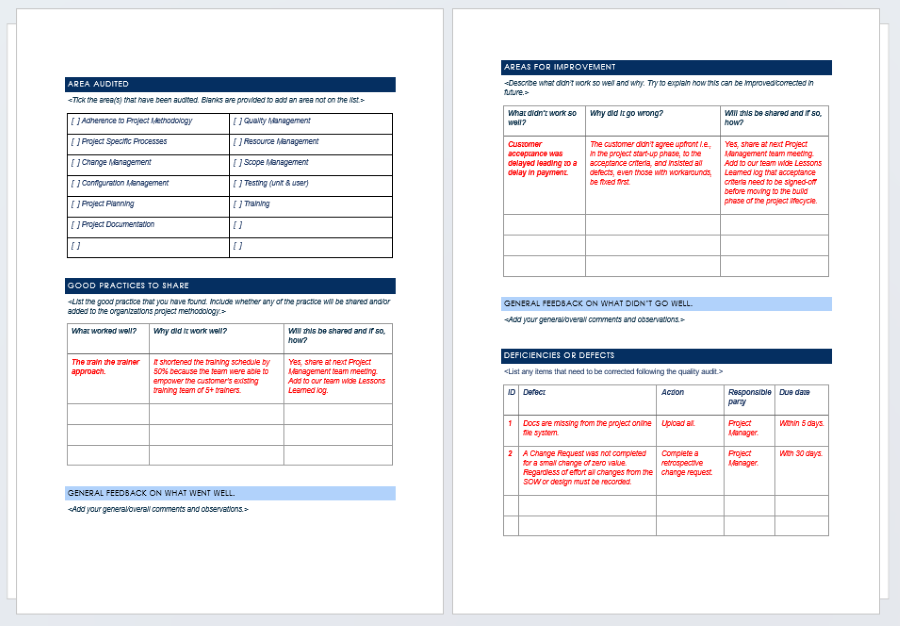

Download this comprehensive project proposal template designed to streamline the planning process. It features sections on objectives, scope, background, team roles, methodology, milestones, budget, and expected outcomes. This template is ideal for project managers and teams looking to create a clear, organized, and effective proposal for any type of project.

Provide a brief description of project with a concise statement of the primary goal(s) of the project.
Define the extent and boundaries of the project, including key deliverables, stakeholders, and any limitations. Some example tables are shown below which you can edit or delete to suit your proposal.
List the key deliverables or products that the project will create. Adjust the example table below to suit your project.

List the people/groups who will be impacted or have an interest in the project. Adjust the table below to suit your project. This will form the basis of your Stakeholder Engagement Strategy if the project goes ahead.


Describe the skills and expertise required for the project, and how the proposed team members meet these requirements.
Skills required
Qualifications / level of expertise required
Source (new hire, internal team, contractor)
Developer
Global Dev team (India)
Copywriter
Marketing / brand guidelines
N/A existing hire
Project Manager
Marketing and IT project delivery
PMP or APMP certified
Contractor, source via HR’s approved recruiter.
In this section set out how you plan to deliver the project. Outline the approach and methods to be used. For example,
"To establish the most appropriate approach for this project the feasibility team used a checklist to choose between a Waterfall or Agile. The results indicated that as this is a software development project without clear requirements, an Agile approach should be used. We will use Scrum as the Dev team already have experience of using it."
Provide an estimated project timeline, including major milestones, deliverables, and dependencies. At this stage the timeline can show quarters or months rather than dates. The table below is a good example for an agile project.
The durations for each sprint and other milestones may vary based on your specific project needs. The table above assumes two-week sprints, which is a common duration in Scrum projects. Update the expected start and end dates according to your project schedule.

Detail the resources required for the project, including personnel, equipment, software, and facilities. This section might duplicate information above so it can just include non-human resources.
Identify potential risks, challenges, and uncertainties, and outline contingency plans to address them. A simple risk register can be used.
Provide a detailed breakdown of the project costs, including labor, materials, equipment, software, and other expenses. For example, the table below provides a simple high-level structure for a software development project budget. You may need to add or remove budget items depending on the nature and complexity of your project.
Budget Item
Description
Estimated Cost
Personnel
Salaries and wages for developers, testers, designers, and project managers
Software Licenses
Cost of software tools and platforms used in development and testing
Hardware & Infrastructure
Servers, workstations, and other hardware needed for development and testing
Training & Development
Training and certification costs for team members
Outsourced Services
Third-party services, such as cloud hosting or specialized development tasks
Travel & Accommodation
Travel and lodging costs for meetings, conferences, and other project-related events
Contingency Fund
Buffer for unforeseen expenses and cost overruns
Total
Sum of all estimated costs
Identify the sources of funding for the project, including grants, loans, sponsorships, or internal financing
Describe the processes and procedures for monitoring and controlling project costs throughout its duration.
Define KPIs for the projected project goals and benefits. These KPIs will be used to measure the success of the project.
Describe how project progress will be monitored and controlled. Include how the project will be governed, for example, will direction be provided by a project board or steering group? Set out the governing body will be kept up to date, for example, by listing the reports that will be produced.